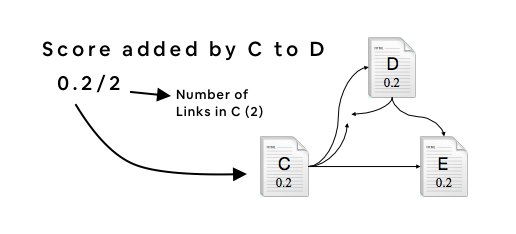It's not. The conditions that make up the responsibility is what determines whether it should be upheld or not.
Men need to know when to take responsibility.
They also need to know when to refuse it.
Thread.
It's not. The conditions that make up the responsibility is what determines whether it should be upheld or not.
If its family, unless they reached a level of disownment, responsibility meets no conditions.
It's a mans duty to carry as much as responsibility to alleviate his family's burden.
1. An incentive
2. Authority
3. Leverage
Ideally you want responsibility to beget all three. Most of the time, you start off with only one.
You might learn a thing or two, which can be valuable, but overall, it is value exchanged for nothing.
If it doesn't, then you're not disagreeable enough to negotiate conditions that fairly exchanges value.
Authority is valuable. It turns you into a leader.
And you should reject it. Being exploited in this way is a good indicator that you're too agreeable,
and people end up easily extracting value out of you.
If the responsibility given, is very valuable in of itself, & can be leveraged against the person giving it.
This is the cunning method that forces a return in value.
See thread ⬇️
Any responsibility delegated to you by your boss without a pay rise,
— \u1d1c\u0274\u1d0d\u1d0f\u1d05\u1d07\u0280\u0274 (@UnmodernM) October 20, 2020
takes you one step closer in becoming an inseparable part of his business,
to which you can infinitely leverage against him later & get what you want.
Be patient. Then leverage to a chokehold.
Thread.
More from ᴜɴᴍᴏᴅᴇʀɴ
More from Life
To celebrate, here are the 22 best threads I’ve found on Twitter this year.
Mostly about:
•Life/purpose
•Startups
•Entrepreneurs
•Writing
•Clarity of thought
If I see more interesting threads, I will add to this list.
Enjoy!
1. @ryanstephens: Need tips on growing a newsletter, mastering Twitter, writing online?
@ryanstephens breaks down a podcast discussion between @davidperell and @nathanbarry
Here’s what you can
"The Writing Guy" @david_perell recently joined the re-launch of @Nathanbarry's podcast to discuss growing your newsletter, mastering Twitter, writing online and monetizing your efforts.
— Ryan Stephens \U0001f943 (@ryanstephens) December 16, 2020
Here's what you can learn from him.
THREAD
2. @jackbutcher: How to separate your time from your income
•Explore the market
•Build equity
•Build products and services
•Scale your reputation
•Break the matrix
A fantastic thread complete with helpful
Divorce your time and income: (thread)
— Jack Butcher (@jackbutcher) July 18, 2020
3. @AlexAndBooks_: I love to read.
Here is a great thread on 10 fantastic books.
Includes a short summary of each.
Don’t just take it from me, this is straight from the legend: @AlexAndBooks_
I read 55 books in 2020.
— Alex and Books \U0001f4da (@AlexAndBooks_) December 29, 2020
Here are my top 10 favorites and a short summary of each.
(thread) \U0001f9f5 pic.twitter.com/yRyOFEygQ0
4. @m_franceschetti My biggest revelation in 2020 was the importance of sleep.
Here, @m_franceschetti founder of @eightsleep gives us his eight sleep hacks to improve sleep for 2021.
Do these and your productivity will
Sleep is always my top priority, and will continue to be in 2021. It is foundational to all health.
— Matteo Franceschetti (@m_franceschetti) January 4, 2021
I\u2019ve compiled a list of my top 8 sleep hacks that I use everyday to improve my sleep. If you are trying to improve your sleep in 2021, this thread is for you. \U0001f447



















